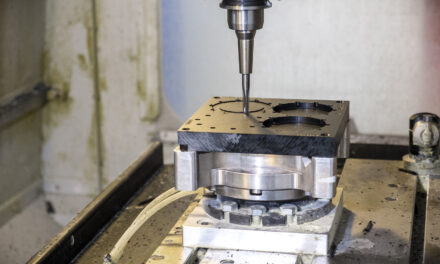Axel Schmidt, senior communications Manager at ProGlove says: “The UK supply chain is feeling the pinch and it is more than just a little itch. Many production and logistics workers have been forced to move back to their home countries by Brexit. Naturally, labour is short. Alongside this, the pandemic has caused thousands of containers to become stuck in China and various other ports. Covid-19 and the ‘pingdemic’ is widening staff shortages too. These trends exacerbate the point that people are the most important and crucial asset within the supply chain when it comes to picking, packing and distribution. Therefore the industry needs to pay closer attention to how it empowers, protects and uses people.”
“Further, despite the interest and rise of ‘robots’ as a solution to this problem, the reality is that the use of robots in the industry is nowhere near replacing human workers all together. And it won’t be in the foreseeable future. Technology such as automation, AI or robotics are a critical help to support human workers – and that support is desperately needed. Through the pandemic, people were responsible for driving results during an array of crucial supply chain and delivery scenarios. The rise in ecommerce transactions – which comes with a massive increase of manual work – is just one example. So, instead of replacing people, organisations must provide technology for shopfloor staff to deal with the associated requirements of the above. Because let’s face it: The issue of worker shortage is not going to go away quickly. It’s been here for a while – and the pandemic has certainly added to it – but it is not the root cause. So, it won’t stop if the pandemic stops.”
“They can do this by adding a bottom-up perspective to their management approach. In other words: they need to integrate the workers view into the bigger picture. After all that is the true story of the shopfloor, not the ideal picture they get when they only apply the top-down management view. Through means of wearable technology organisations can connect their workers to the Internet of Things. This drives digitisation and promotes human-machine collaboration which is what we need now. Because this will not only relieve and protect the human worker, it will also secure better quality and allow for efficiency gains of up 20 percent.”
“People are business’s most crucial asset, as we’ve learnt through these labour shortages and supply chain disruptions – without them, supply chains are on their knees.”
Author: Axel Schmidt, Senior Communications Manager at ergonomic wearables company ProGlove


